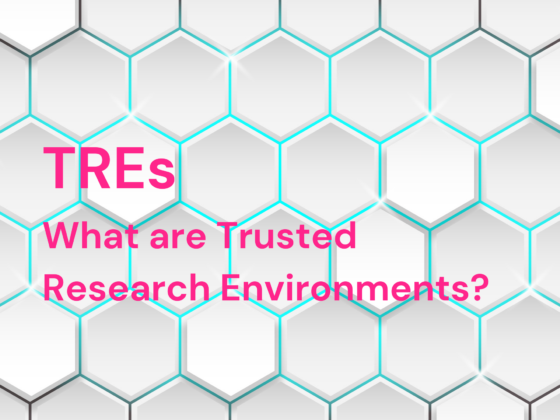
In the rapidly evolving field of life sciences, where valuable insights and groundbreaking discoveries are driven by data, ensuring privacy and data protection is of paramount importance. The sensitive nature of personal health information (PHI) necessitates robust safeguards to maintain individuals’ privacy while facilitating scientific progress. We want to explore the crucial data privacy considerations within the life science space, highlighting regulatory compliance, anonymization, informed consent, data security, data sharing, transparent policies, breach response plans, and ethical implications.
When considering regulatory compliance, life science organizations must adhere to data protection regulations, such as the General Data Protection Regulation (GDPR) in the European Union or the Health Insurance Portability and Accountability Act (HIPAA) in the United States. Compliance ensures that personal health information is handled securely and confidentially, protecting individuals’ rights and privacy.
To safeguard patient privacy, data collected for research or analysis must undergo anonymization or de-identification. Removing or obfuscating identifiable information ensures that individuals cannot be identified from the data, reducing the risk of privacy breaches.
Obtaining informed consent from research participants is crucial. Consent forms should clearly communicate the purpose of data collection, usage, potential risks, and individuals’ right to opt out or withdraw consent. Respecting autonomy and informed decision-making are vital in maintaining privacy.
Robust data security measures are imperative to prevent unauthorized access, breaches, or data leaks. Encryption, access controls, secure storage, regular audits, and employee training on data handling practices are essential safeguards for protecting sensitive information.
Life science organizations often collaborate with other entities for research purposes. Data sharing agreements and protocols ensure that data is shared securely and solely for authorized purposes. Access controls and anonymization techniques may be implemented to safeguard individual privacy – at BC Platforms black box approaches are never used.
Clear policies should govern the retention and disposal of data. Personal data should be retained only for as long as necessary and securely disposed of when no longer needed, minimizing the risk of unauthorized access or misuse.
Life science companies maintain transparent privacy policies that clearly outline how personal data is collected, used, and protected. These policies should be easily accessible, written in understandable language, and help individuals make informed decisions regarding their data.
Despite preventive measures, data breaches can occur. Having a well-defined data breach response plan in place helps minimize the impact of breaches. Swift notification processes for affected individuals and regulatory authorities demonstrate a commitment to transparency and accountability.
Beyond legal obligations, ethical considerations play a vital role. Respecting individuals’ autonomy and dignity, ensuring equitable access to benefits derived from data analysis, and addressing potential biases or discrimination in research outcomes are essential for upholding ethical standards.
At BC Platforms we uphold these standards in all our customer engagements to the highest levels and are proud to deliver products aligning to these requirements.
As the life science market continues to advance, we at BC Platforms support the principle that safeguarding data privacy remains a critical priority. Compliance with regulations, anonymization, informed consent, robust data security, responsible data sharing, transparent policies, breach response plans, and ethical considerations remain our top priority so that individuals’ privacy is protected while fostering scientific research progress. By upholding these considerations, we aim to build trust with our customers and partners, driving innovation in a responsible and privacy-conscious manner for the ultimate goal to address patients’ unmet needs.
Sources:
- GDPR.eu
- HIPAA Journal
- NIH
- National Human Genome Research Institute
- NIST
- BioMed Central
- AMA
- International Society for Stem Cell Research
- Department of Health and Human Services
- World Medical Association


